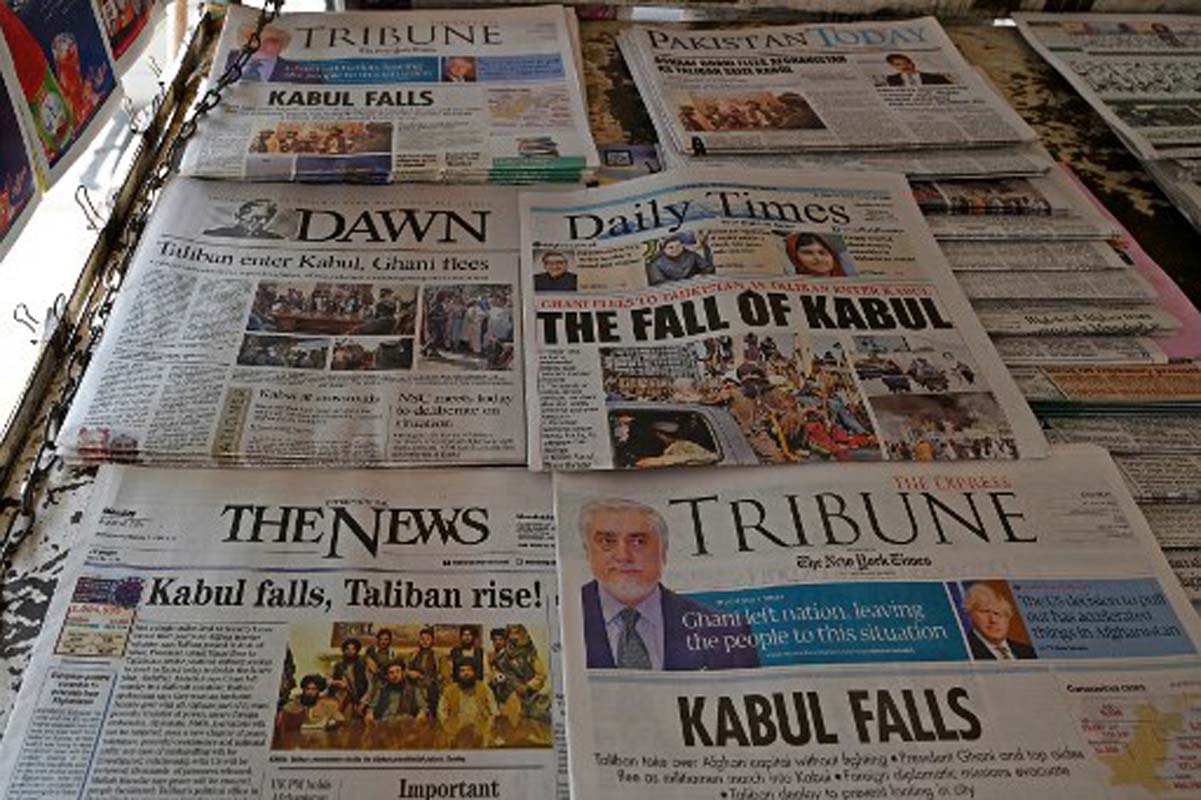
403
Sorry!!
Error! We're sorry, but the page you were looking for doesn't exist.
Mediator declares consent of ceasefire in conflict-torn African country
(MENAFN) A significant development has emerged in the Democratic Republic of the Congo (DR Congo) as neighboring Angola successfully mediated talks leading to a ceasefire agreement, also involving Rwanda. According to an announcement from the Angolan government on Tuesday, the ceasefire is scheduled to take effect at midnight on August 4.
The conflict in eastern DR Congo, which has been ongoing since 2022, has been primarily fueled by the activities of the M23 rebel movement, with allegations of support from Rwandan government forces, although Rwanda has consistently denied these accusations.
Chaired by Angolan Foreign Minister Tete Antonio, the ceasefire negotiations included Rwandan Foreign Minister Olivier Nduhungirehe and Congolese Foreign Minister Therese Kayikwamba. The agreement includes provisions for an ad-hoc reinforced verification mechanism to monitor compliance.
This ceasefire follows earlier diplomatic efforts, including a ministerial session earlier this year involving delegations from Angola, Rwanda, and DR Congo. During these discussions, all parties emphasized the urgent need to achieve sustainable peace in eastern DR Congo, highlighting its critical role in fostering economic development and improving social stability across the region.
The United Nations estimates that the conflict in DR Congo’s North Kivu province alone has displaced more than 1.7 million people, contributing to a total of 7.2 million internally displaced persons across the country due to various conflicts.
Recently, on July 8, Congolese authorities announced a halt to the planned withdrawal of the United Nations stabilization mission (MONUSCO) without specifying a timeline for resuming the pullout. The initial phase of the withdrawal had commenced in June, reflecting the complex security challenges and ongoing humanitarian needs in the region.
As the ceasefire takes effect, attention now turns to the implementation phase and the potential for sustainable peacebuilding efforts to address the root causes of conflict in eastern DR Congo. The international community, including the United Nations and regional actors, is expected to play a crucial role in supporting the ceasefire monitoring process and facilitating long-term stability in the region.
The conflict in eastern DR Congo, which has been ongoing since 2022, has been primarily fueled by the activities of the M23 rebel movement, with allegations of support from Rwandan government forces, although Rwanda has consistently denied these accusations.
Chaired by Angolan Foreign Minister Tete Antonio, the ceasefire negotiations included Rwandan Foreign Minister Olivier Nduhungirehe and Congolese Foreign Minister Therese Kayikwamba. The agreement includes provisions for an ad-hoc reinforced verification mechanism to monitor compliance.
This ceasefire follows earlier diplomatic efforts, including a ministerial session earlier this year involving delegations from Angola, Rwanda, and DR Congo. During these discussions, all parties emphasized the urgent need to achieve sustainable peace in eastern DR Congo, highlighting its critical role in fostering economic development and improving social stability across the region.
The United Nations estimates that the conflict in DR Congo’s North Kivu province alone has displaced more than 1.7 million people, contributing to a total of 7.2 million internally displaced persons across the country due to various conflicts.
Recently, on July 8, Congolese authorities announced a halt to the planned withdrawal of the United Nations stabilization mission (MONUSCO) without specifying a timeline for resuming the pullout. The initial phase of the withdrawal had commenced in June, reflecting the complex security challenges and ongoing humanitarian needs in the region.
As the ceasefire takes effect, attention now turns to the implementation phase and the potential for sustainable peacebuilding efforts to address the root causes of conflict in eastern DR Congo. The international community, including the United Nations and regional actors, is expected to play a crucial role in supporting the ceasefire monitoring process and facilitating long-term stability in the region.

Legal Disclaimer:
MENAFN provides the
information “as is” without warranty of any kind. We do not accept
any responsibility or liability for the accuracy, content, images,
videos, licenses, completeness, legality, or reliability of the information
contained in this article. If you have any complaints or copyright
issues related to this article, kindly contact the provider above.
Most popular stories
Market Research
- Thinkmarkets Adds Synthetic Indices To Its Product Offering
- Ethereum Startup Agoralend Opens Fresh Fundraise After Oversubscribed $300,000 Round.
- KOR Closes Series B Funding To Accelerate Global Growth
- Wise Wolves Corporation Launches Unified Brand To Power The Next Era Of Cross-Border Finance
- Lombard And Story Partner To Revolutionize Creator Economy Via Bitcoin-Backed Infrastructure
- FBS AI Assistant Helps Traders Skip Market Noise And Focus On Strategy




















Comments
No comment